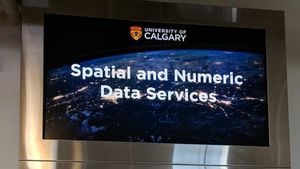
Teaching: one year in
I reflect on my first year of teaching at the iSchool in the University of Washington. A little about teaching. A little about Canvas, the library, and some software tools. A little about me and my learnings.
13 min read





